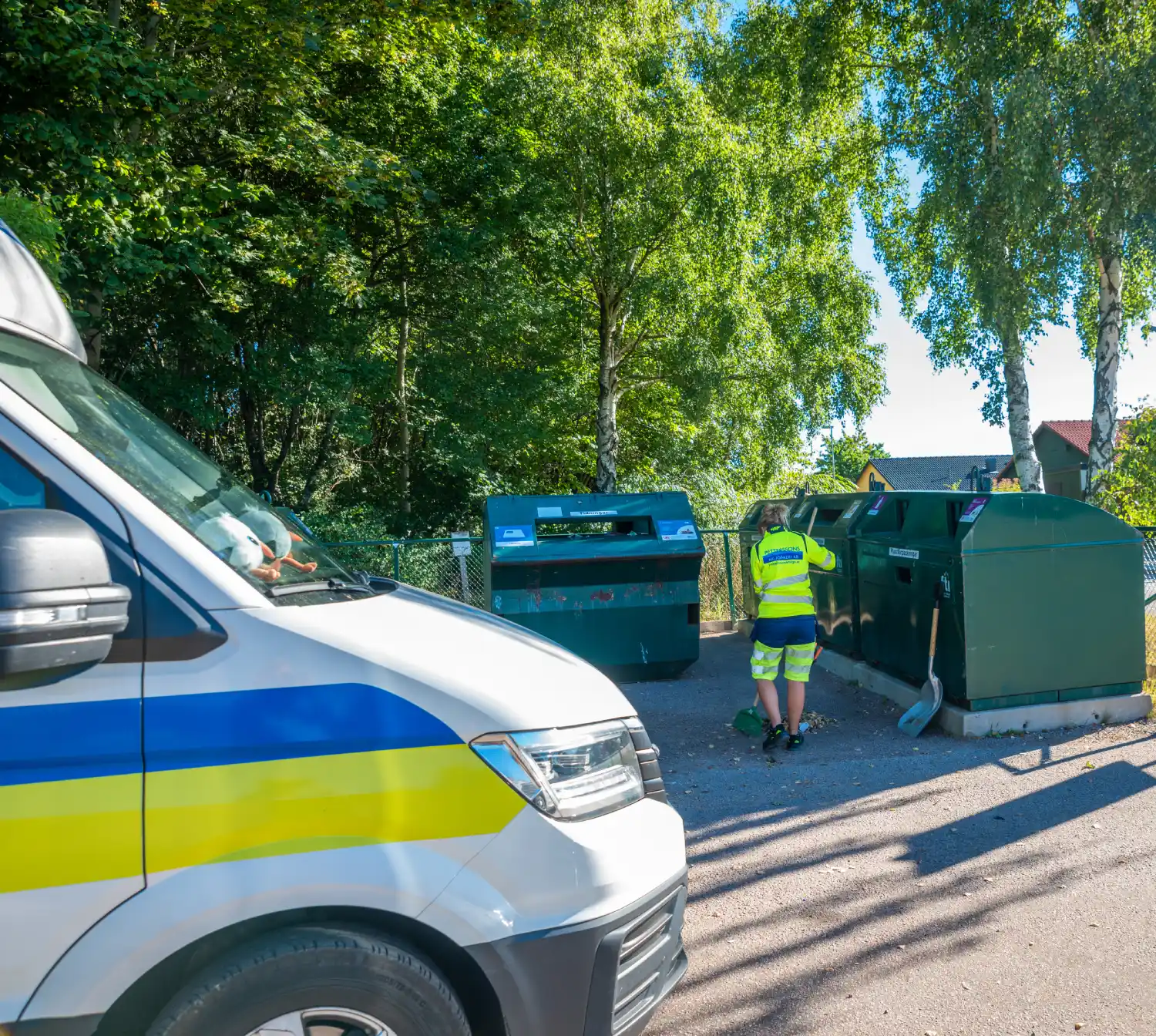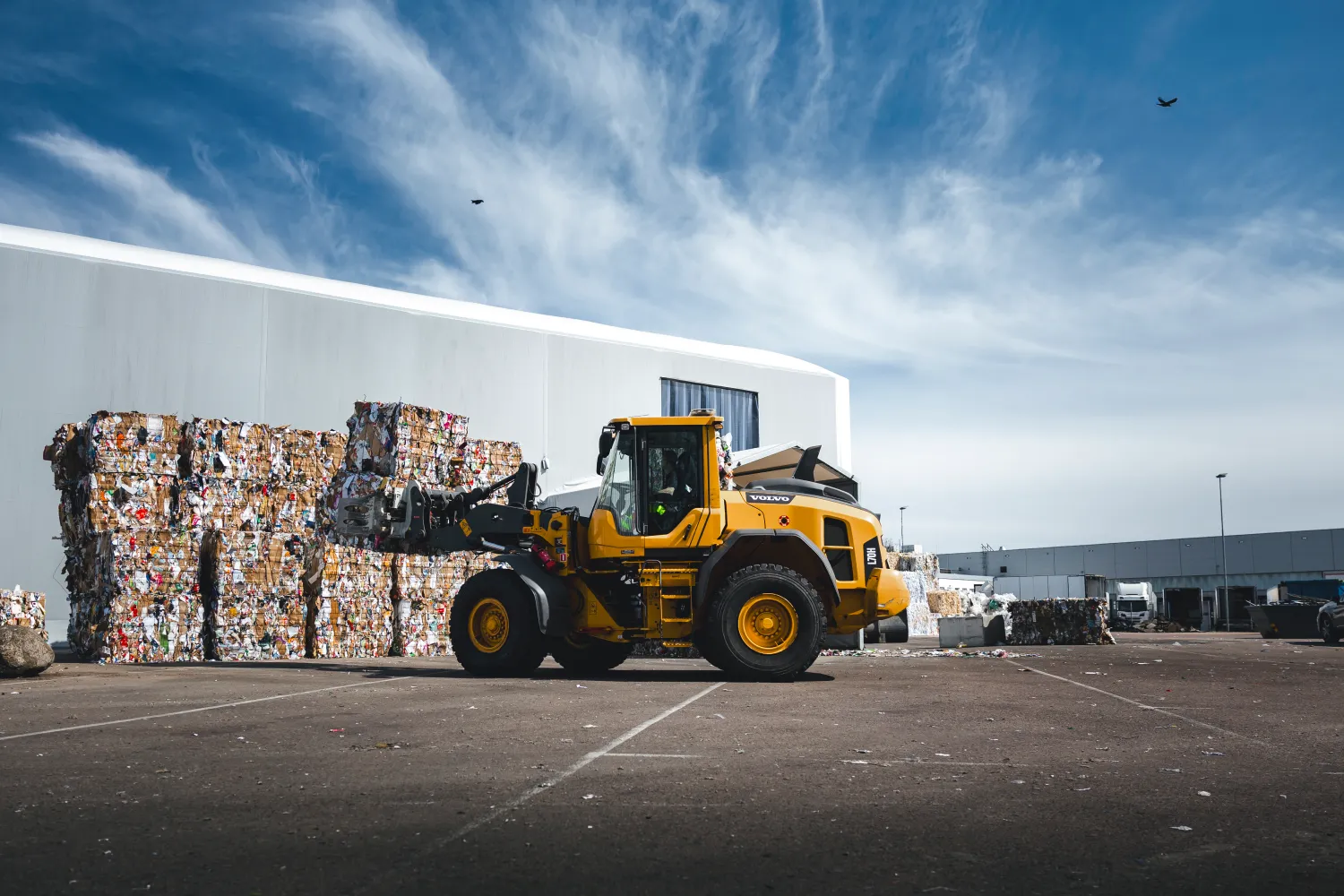Comprehensive Packaging Management Solutions by PetterssonsMiljö
Comprehensive Packaging Management Solutions by PetterssonsMiljö
Blog Article
Sweden is widely recognized as an international leader in sustainable living and recycling. With a recycling rate of more than 996, the united states has set an formidable typical for spend management. Nevertheless, reaching such achievement is no small feat. Arranging recycling efforts across Sweden's 290 municipal areas involves complex control, advanced systems, and community participation. This short article requires a sooner look at how Sweden has efficiently structured its municipal Recycling (Återvinning) techniques and the main element data underpinning their achievements.
The Position of Municipalities in Recycling
Sweden's decentralized spend administration program places a substantial quantity of responsibility on municipal authorities. Each municipality is tasked with arranging, gathering, and disposing of house spend, ensuring it complies with national recycling laws. Municipalities function in coordination with national agencies to meet sustainability goals and provide cost-efficient waste administration solutions.

Recent data reveals that about 50% of household spend in Sweden is recycled, while the others is applied for power healing through incineration. One of the best challenges municipalities experience is creating recycling accessible and easy for people across downtown, suburban, and rural areas. To tackle that, municipalities create well-distributed recycling centers, add curbside variety programs, and offer drop-off factors for certain spend groups, such as for example paper, metals, plastics, and dangerous materials.
Sophisticated Systems Driving Recycling Efficiency
Technology represents an essential role in facilitating Sweden's municipal recycling efforts. Data from spend administration reports shows an increasing utilization of AI-powered waste organizing services, which streamline the procedure of breaking up recyclable resources from basic waste. Automated methods at recycling stores recognize components like glass, plastic, and steel with remarkable accuracy, lowering manual job and raising the overall recycling rate.
Furthermore, municipalities are implementing smart bins designed with sensors that monitor waste levels. These bins permit better series schedules, lowering gas usage and carbon emissions associated with waste transportation.
Community Diamond and Understanding
Data reveal that over 85% of Swedes actively take part in recycling initiatives, attributing that level of engagement to effective neighborhood outreach and education initiatives. Municipalities perform normal consciousness campaigns to inform people about recycling directions, while schools incorporate environmental education within their curriculum to foster eco-conscious behaviors from a small age.

Significantly, nearly 60% of residents report that easy usage of recycling programs inspires them to sell consistently. Municipalities continue to concentrate on ease and user-friendly infrastructure to steadfastly keep up and improve community participation.
A Product Price Replicating
Sweden's prepared recycling efforts display how municipalities, technologies, and community activity can interact to accomplish exemplary results. By ensuring supply, fostering public engagement, and leveraging technological breakthroughs, Sweden has created a blueprint for sustainable spend administration that different places will look to for inspiration. Report this page